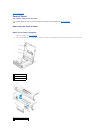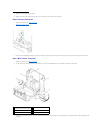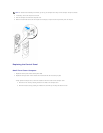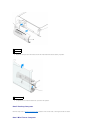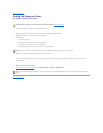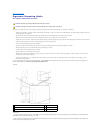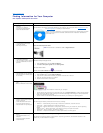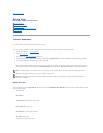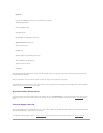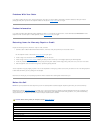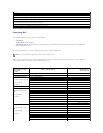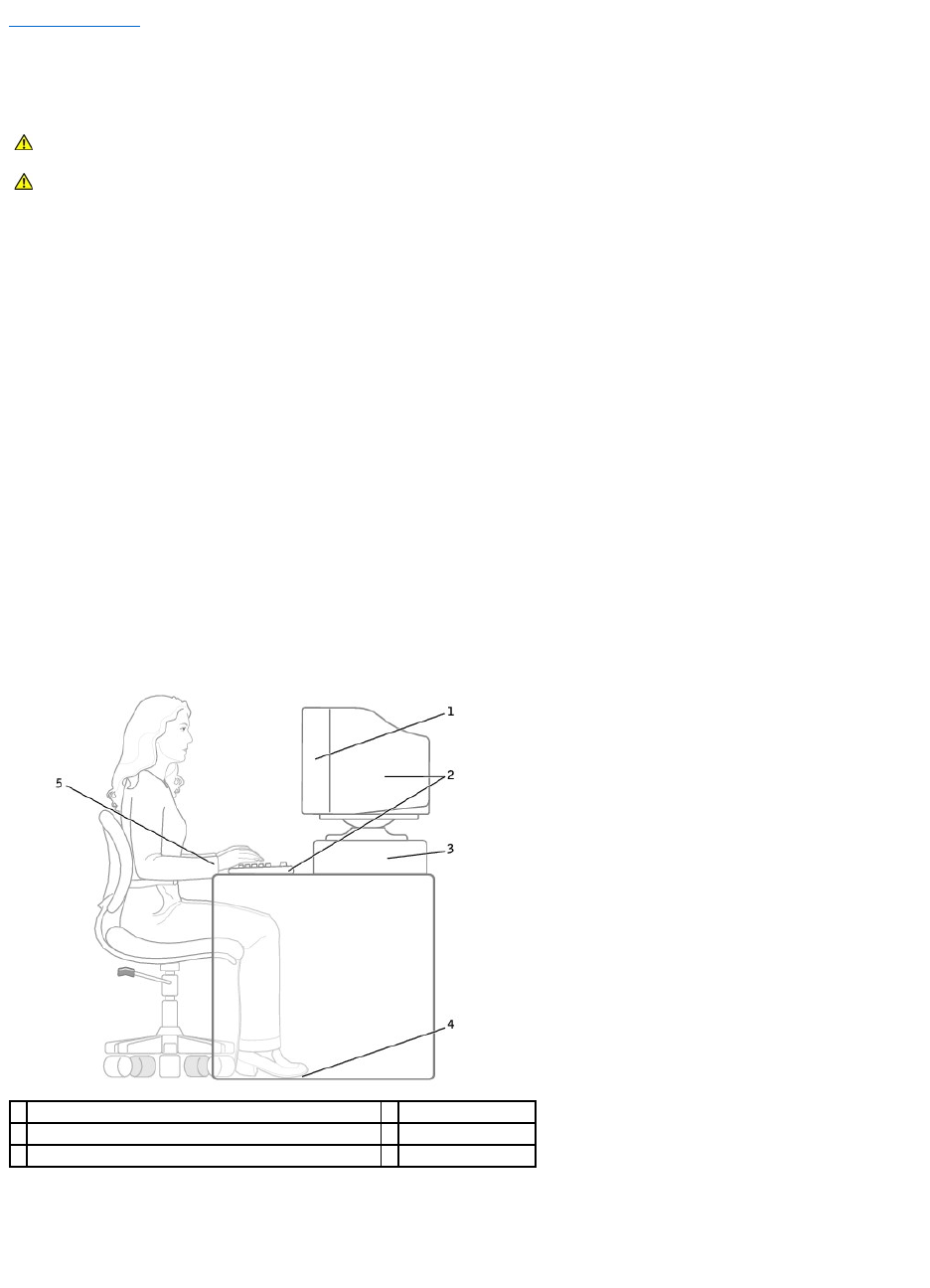
Back to Contents Page
Ergonomic Computing Habits
Dell™OptiPlex™GX60SystemsUser'sGuide
For comfort and efficiency, observe the following ergonomic guidelines when setting up and using your computer workstation:
l Position your computer so that the monitor and keyboard are directly in front of you as you work. Special shelves are commercially available to help you
correctly position your keyboard.
l Set the monitor at a comfortable viewing distance (usually 450 to 610 millimeters [18 to 24 inches] from your eyes).
l Make sure the monitor screen is at eye level or slightly lower when you are sitting in front of the monitor.
l Adjust the tilt of the monitor, its contrast and brightness settings, and the lighting around you (such as overhead lights, desk lamps, and the curtains or
blinds on nearby windows) to minimize reflections and glare on the monitor screen.
l Use a chair that provides good lower back support.
l Keep your forearms horizontal with your wrists in a neutral, comfortable position while using the keyboard or mouse.
l Always leave space to rest your hands while using the keyboard or mouse.
l Let your upper arms hang naturally at your sides.
l Ensure that your feet are resting flat on the floor.
l When sitting, make sure the weight of your legs is on your feet and not on the front of your chair seat. Adjust your chair's height or use a footrest, if
necessary, to maintain proper posture.
l Vary your work activities. Try to organize your work so that you do not have to type for extended periods of time. When you stop typing, try to do
things that use both hands.
For more information about ergonomic computing habits, see the BSR/HFES 100 standard, which can be purchased on the Human Factors and Ergonomics
Society (HFES) website at: www.hfes.org/publications/HFES100.html
Example:
References:
1. American National Standards Institute. ANSI/HFES 100: American National Standards for Human Factors Engineering of Visual Display Terminal Workstations.
Santa Monica, CA: Human Factors Society, Inc., 1988.
2. Human Factors and Ergonomics Society. BSR/HFES 100 Draft standard for trial use: Human Factors Engineering of Computer Workstations. Santa Monica, CA:
Human Factors and Ergonomics Society, 2002.
CAUTION: Improper or prolonged keyboard use may result in injury.
CAUTION: Viewing the monitor screen for extended periods of time may result in eye strain.
1
monitor screen at or below eye level
4
feet flat on the floor
2
monitor and keyboard positioned directly in front of the user
5
wrists relaxed and flat
3
monitor stand




